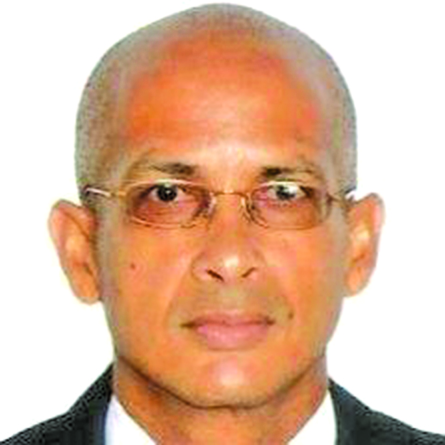Criteria for Evaluating Politicians and Political Parties
Dear Editor,
We every so often forget that we are very rich people blessed with an abundance of wealth in the form of both natural and human resources. We therefore have a great responsibility of managing this wealth by ensuring that we elect persons to manage our resources and our economy to derive maximum benefit for us as a people.
This letter forms part of our voter education programme aimed at sensitising voters about the critical issues that they need to consider prior to voting. Here we will discuss two criteria which are essential to getting it right at the polls and ensuring that their interests and welfare will be represented by the government they choose. The first criterion is trust.
This might seem pretty simple and straight forward, because it is. Trust is the basis of successful relationships. More so in politics. Trusting your politicians and political representatives means that you are confident that they will do what they say they will do and fulfill the agenda they promised on their campaign trail.
If voters have any reason whatsoever to distrust their political representatives and political parties, then they should really take a step back and discuss this with other voters to get a better sense prior to voting. In some instances the distrust might be to such an extent that it makes absolutely no sense voting for a given politician or political party.
This is because politicians and political parties were unreliable in the past, and they will very likely be less than truthful this time around also.
If this is the case, there is nothing wrong with shopping around and examining the proposals and ideas of other political representatives and new political parties who, even though they might be new, properly represent voters’ issues and concerns, and have backgrounds which can be used as a basis for deciding whether they can be trusted.
Voters will be better off voting for someone or other new political party which is new, but can still feel confident about, taking into consideration the opinions of other voters, that that particular politician or political party will deliver on their campaign promises in government.
The second criterion is not a yard stick as such, but a basic theory of why the best economic programmes and manifestos fail and produce hardship for voters. Simply put, this theory, which I essentially devised to explain what is happening to us, states that the best economic plans and manifestos are brought to dust by corruption, cronyism and mismanagement.
Examining our own experience, we can see this is exactly what has been happening to Guyana since Independence. Corruption, cronyism, mismanagement and a lack of governance systems have been the order of the day. With this in mind, we need to be careful that we do not make the mistakes of our parents and get caught up in propaganda which divides us as a nation.
Because one of the things we can rest assured about is that divisive politics, corruption, cronyism and mismanagement have failed us in the past, and will do so again. With in excess of an estimated US$30-40.0 billion in new economic growth and welfare gains which I have shown can be derived under good government, voters are thus encouraged to carefully weigh their options.
We urge them to get to know their politicians, and examine the policies and proposals of all political parties. Finally, we urge voters to put their interest and that of their children before that of any political party. Voters should vote for themselves.
Best regards,
Craig Sylvester,
Party Leader, Democratic National Congress






















